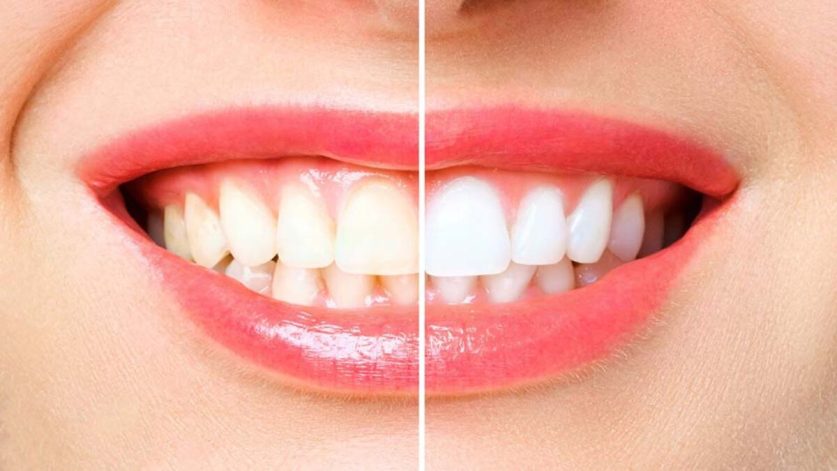What Are The Impacts of Untreated Obstructive Sleep Apnea?

Sleep apnea is when your breathing often breaks while you are asleep. When you have OSA, your body wakes you up to continue breathing. These multiple sleep interruptions can cause many problems, preventing you from sleeping well and leaving you feeling more tired during the day.
Sleep apnea not only makes you sleepy, but it can also do more. Left untreated can contribute to many diseases like heart disease, diabetes, and other long-term health risks.
Obstructive sleep apnea can interfere with your ability to sleep through the night due to blocked airways, making you tired the whole day and lacking focus while working.
OSA can significantly impact your overall health and your life if left untreated.
Risks that can affect if OSA, complex sleep apnea, or Central sleep apnea is left untreated include increased risk of high blood pressure, heart attack, stroke, obesity, diabetes, and glaucoma.
Undiagnosed and untreated obstructive sleep apnea conditions can lead to abnormal physiology that can have serious complications, including increased risk of cardiovascular disease, metabolic disease, extreme daytime sleepiness, workplace blunders, traffic accidents, and death.
Sleep apnea snoring can wake up the other person sleeping. You can ask your doctor for a sleep apnea mouthpiece to control snoring.
Doctors consider Obstructive sleep apnea a severe medical condition that should not be left untreated. Complications with OSA can include:
Regular Tiredness
If you are tired the whole day and disrupted by your sleep at night, you may have sleep apnea. It is better to diagnose with your doctor to treat it on time rather than becoming a latecomer. Waking up at night for a breath and not having proper sleep can be the signs of Obstructive sleep apnea.
When sleep apnea frequently disrupts sleep throughout the night, your body wakes up tiredly and does not get full recharge or enough deep sleep. Therefore you may not remember waking up at night, but you will feel chronically exhausted and sleepy during the daytime.
Sleep apnea does not allow you to sleep correctly, frequently waking you up in the middle of the night.
Difficulty Concentrating and Poor Memory
Often sleep disruption can cause affect your brain health and memory. Sleep apnea symptoms can include mental conditions like difficulty concentrating, poor memory, and irritation due to sleepless nights.
Raising the risk of cardiovascular disorders.
Obstructive sleep apnea can advance the risk of conceiving cardiovascular disorder and is also associated with worse clinical outcomes related to cardiovascular disease.
When you suffer from obstructive sleep apnea, your airway is partially or sometimes wholly blocked while you sleep at night.
The amount of oxygen in your blood that needs to be carried to your brain reduces, which can risk you with severe conditions leading to significant health complications.
Mental Health Problems
Cytokine is caused due to depression, and it is a type of protein that is secreted from cells in the body that helps in inter-cell communication.
The improper breathing problems associated with sleep apnea can also sometimes affect cytokines in your body which can usually cause mental health problems like depression.
It reduces the oxygen level in organs because improper breathing compromises sleep apnea. Not having appropriate oxygen to essential organs, including the brain, cellular functions do not respond well to the maximum capacities causing mental health symptoms.
Conclusion:
You should consider a doctor to know if you have sleepless nights and feel sleepy during the daytime. It is better to make sure about it before making it worse. Because untreated sleep disorders can negatively impact your physical and emotional health.
You should consult a medical professional if you have or if your partner observes you snoring loudly or waking up panting or choking. Your doctor may provide you sleep apnea devices.
Call and visit your doctor for more information.









